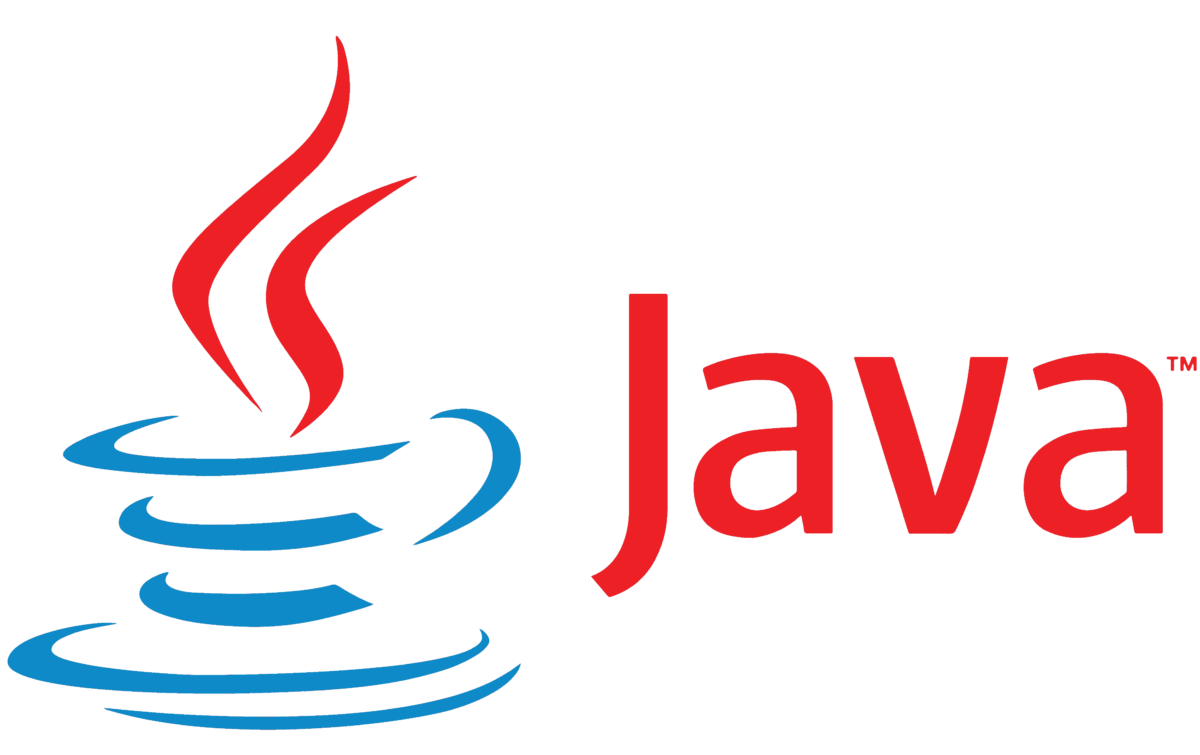
How to avoid NullPointerException in Java using Optional?
 Natan Ferreira
Natan Ferreira- 0
- 184
Optional was introduced in Java 8 as a way to handle potentially null values more safely and expressively. It helps to avoid NullPointerException and makes the code more readable.
Hands on

Creating an Optional
Optional can be created in several ways:
Optional<String> name = Optional.of("Bob");
Optional<String> nameNullable = Optional.ofNullable("Mary");
Optional<String> nameNullable2 = Optional.ofNullable(null);
Optional<String> nameEmpty = Optional.empty();- Optional.of(): Does not accept null values and returns an Optional with the given value;
- Optional.ofNullable(): Accepts null values, returns an Optional with the given value, or if the value is null, returns an Optional.empty;
- Optional.empty(): Returns an Optional without a value.
Printing the results will show the following output.
Optional[Bob]
Optional[Mary]
Optional.empty
Optional.emptyChecking for Value Presence
Optional provides methods to check if a value is present before accessing it:
Optional<String> name = Optional.ofNullable("Bob");
if (name.isPresent()) {
System.out.println(name.get());
} else {
System.out.println("No name");
}
name.ifPresent(value -> System.out.println(value));
name.ifPresentOrElse(
value -> System.out.println(value),
() -> System.out.println("No name")
);
if (name.isEmpty()) {
System.out.println("It's empty!");
}
- isPresent(): If a value is present, returns true; otherwise, false.
- ifPresent(): If a value is present, executes the given action.
- ifPresentOrElse(): Similar to ifPresent, but has a second parameter that is executed if no value is present.
- isEmpty(): If no value is present, returns true; otherwise, false.
Bob
Bob
BobSetting Default Values
Instead of checking if a value is present, we can define a default value using orElse and orElseGet:
Optional<String> name = Optional.ofNullable(null);
String name1 = name.orElse("Default");
String name2 = name.orElseGet( () -> "We can generate some name" );- orElse(): If a value is present, returns the value; otherwise, returns the default value.
- orElseGet(): If a value is present, returns the value; otherwise, returns the result produced by the supplying function.
Exceptions
Optional<String> name = Optional.ofNullable(null);
name.orElseThrow();There are two ways to use it: with and without parameters.
orElseThrow(): If no value is present, throws NoSuchElementException.
java.util.NoSuchElementException: No value presentname.orElseThrow( () -> new IllegalArgumentException("Value not found") );orElseThrow(Supplier<? extends X> exceptionSupplier): If a value is present, returns the value; otherwise, throws an exception produced by the given exception-supplying function.
java.lang.IllegalArgumentException: Value not foundMap and FlatMap
Optional<String> name = Optional.of("Java");
Optional<String> nameUpperCase = name.map(value -> value.toUpperCase());
Optional<String> nameUpperCaseReference = name.map(String::toUpperCase);map(): Allows transforming the value inside the Optional and returns an Optional with the new value.
Optional<Optional<String>> nestedOptional = Optional.of(nameUpperCaseReference);
Optional<String> regularOptional = nestedOptional.flatMap(op -> op);flatMap(): Used to transform and “flatten” nested Optional instances.
Filtering the values
Optional<String> name = Optional.of("Java");
Optional<String> nameFiltered = name.filter(n -> n.endsWith("va"));filter(): Applies conditions to filter the Optional value.
Conclusion
Optional allows representing the absence of a value explicitly, encouraging better handling of null returns without the need for excessive if checks to avoid null.
When used correctly, Optional improves code maintainability by promoting more functional patterns with map(), flatMap(), orElse(), orElseGet(), and ifPresent(), making the value-handling flow more seamless and readable.

Author
-

I am a seasoned Full Stack Software Developer with 8+ years of experience, including 6+ years specializing in Java with Spring and Quarkus. My core expertise lies in developing robust RESTful APIs integrated with Cosmos Db, MySQL, and cloud platforms like Azure and AWS. I have extensive experience designing and implementing microservices architectures, ensuring performance and reliability for high-traffic systems. In addition to backend development, I have experience with Angular to build user-friendly interfaces, leveraging my postgraduate degree in frontend web development to deliver seamless and responsive user experiences. My dedication to clean and secure code led me to present best practices to my company and clients, using tools like Sonar to ensure code quality and security. I am a critical thinker, problem solver, and team player, thriving in collaborative environments while tackling complex challenges. Beyond development, I share knowledge through my blog, NatanCode, where I write about Java, Spring, Quarkus, databases, and frontend development. My passion for learning and delivering innovative solutions drives me to excel in every project I undertake.

